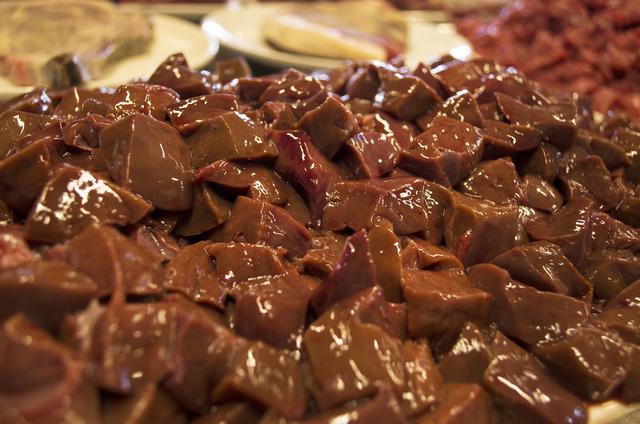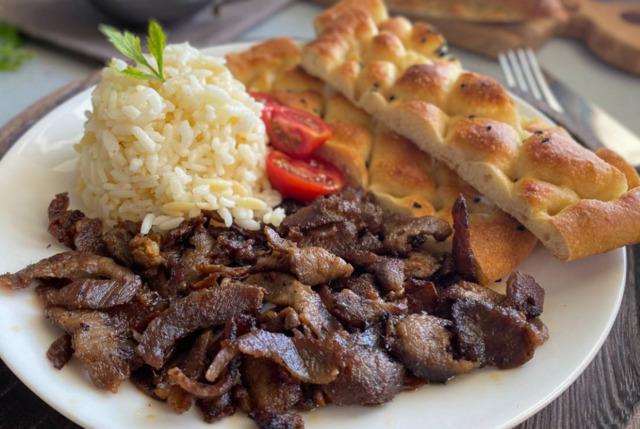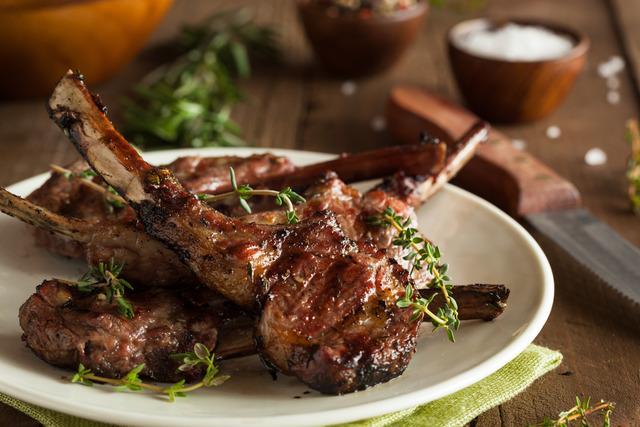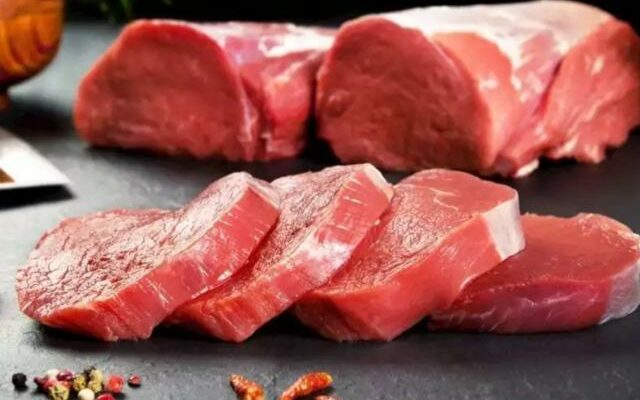The buyer stated that a healthy person’s red meat consumption should be 350 g-500 g per week, and this amount should be further reduced for people with atherosclerosis, high cholesterol and heart disease.
Assoc. Prof. gave suggestions for having a healthy holiday. Dr. The buyer pointed out the following:
“Prefer lean parts of the sacrificed meat during Eid-al-Adha. Try to minimize salt consumption along with meat. Limit meat consumption to one portion per day during Eid-al-Adha. Do not choose red meat for every meal during the Eid. While consuming meat, be sure to consume milk such as yoghurt or ayran.” “Be careful to consume roasted and red meat at lunch. Include greens and different food groups with meat. Choose milk desserts instead of heavy and sherbet desserts.”
The buyer also emphasized the importance of exercise and recommended walking regularly for at least an hour every day during the holiday.
DO NOT CONSUME OFFALS

Recommending not to consume the victim’s organs, which are called offal, such as spleen, kidney, liver, sirdan and mumbar, Alici said, “These organs pose a great risk to heart patients due to their high cholesterol content. If our patients want to consume meat, they should prefer it with low salt, low fat and boiled meat.” ” said.
“IT MAY CAUSE INDIGREGATION”

The buyer stated that the meat of the sacrificed animals during Eid al-Adha should not be consumed without resting and said, “Fresh meat is very difficult to digest. It can cause indigestion and is difficult to cook due to its hardness. Sacrifice meat should be consumed after keeping it in the refrigerator for at least 24 hours. “We especially recommend that cardiovascular patients pay close attention to this,” he said.
DON’T SAY WHAT YOU CAN GET IN A MEAL
Assoc. Prof. recommends not to exceed the dose in heavy meals, cakes and desserts, as well as excessive red meat. Dr. Gökhan Alici drew attention to the harms of excessive consumption with an approach of “what’s in one meal?” and said:

“After a heavy meal, the heart starts beating faster and blood pressure rises. Therefore, an excessively heavy meal, which means high carbohydrates, fried foods and fatty foods, will put a strain on our hearts.

During Eid al-Adha, attention should be paid to the use of salt along with the consumption of red meat. Because excessive salt consumption is a serious danger for high blood pressure patients. Excessive salt intake can cause excessive increases in blood pressure, increasing the risk of cerebral hemorrhage, stroke and heart attack. Daily salt consumption should be kept below 5 grams.”

